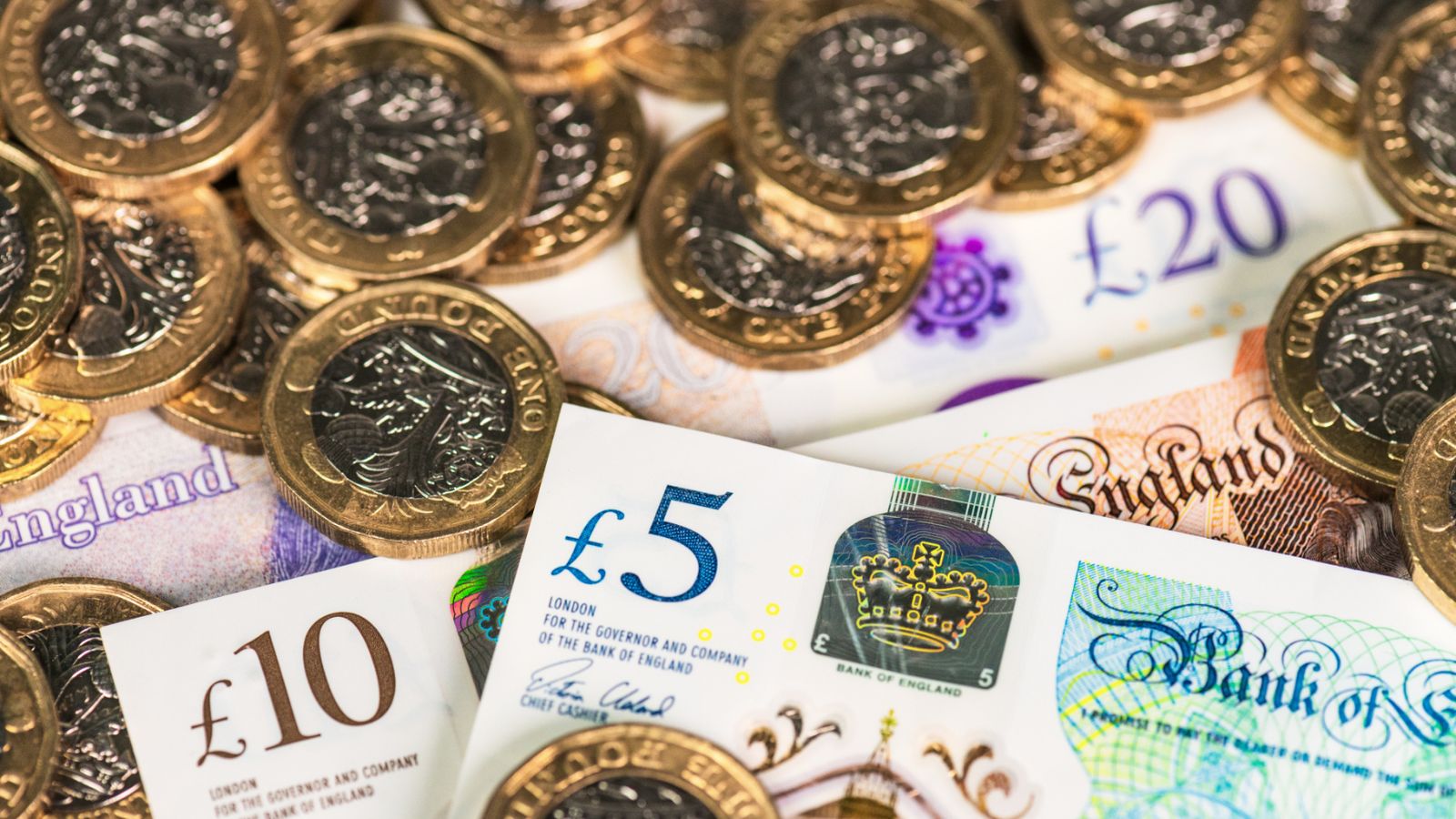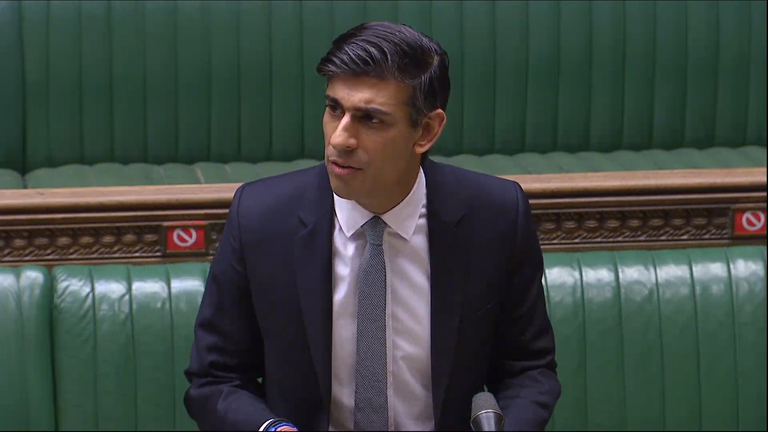Rises in the National Living and Minimum Wage are now in effect and will see two million workers secure more money at a time when both employers and employees are suffering coronavirus crisis hardship.
The new levels – announced ahead of the budget – were recommended by the Low Pay Commission on the basis that jobs could be placed at risk through more generous increases in the statutory levels, given the extent of the COVID-19 upheaval.
Official figures have laid bare the misery of hundreds of thousands of jobs lost, on a net basis, throughout the pandemic to date, with five million workers remaining on the Treasury’s furlough scheme.
While the most recent employment statistics have painted an improving picture, they have also shown that young people – often the lowest-paid – have paid the highest price.
That is because many tend to work in retail and hospitality – the sectors among those hardest hit by the enforced economic hibernation.
The new rate for the traditionally higher National Living Wage includes 23 and 24-year old workers for the first time and equates to an extra £345 annually for a full-time employee.
The increases will see workers aged 23 and over entitled to £8.91 an hour from a previous £8.72.
For 21-22 year-olds the hourly rate rises to £8.36, and to £6.56 for those between 18 and 20.
Under-18s and apprentices see the rate rise too but it remains below £5.
It is a real terms – above the rate of inflation – 2.2% rise for National Living Wage earners and more than double the rate of increase that ministers were offering nurses and other heath workers in England amid a continuing pandemic pay row.
Business Secretary Kwasi Kwarteng said: “In this toughest of years, we’re protecting workers by putting more money in the pockets of the UK’s lowest paid.
“This increase will help millions of families in every corner of the country, while supporting businesses as we prepare to safely reopen our economy and build back better from the pandemic.
“I’d urge all workers to check their pay packet to ensure they’re getting what they are entitled to, and remind employers of their duty to pay the correct wage.”
The hike in the rates adds more strain to businesses struggling to get back to normality but anti-poverty campaigners suggested the commission was too kind to them in its appraisal of the situation, given the pressures on personal finances for the lowest-paid.
They called for rates above £10 an hour.
Mike Hawking of the Joseph Rowntree Foundation said: “The pandemic has shown the urgency of taking steps to tackle the injustice of in-work poverty and move towards a Real Living Wage.
“Today’s boost is necessary but as we start to recover from the impact of the last year, too many workers are finding that minimum wage increases are being wiped out due to inadequate social security, insufficient hours available to them, and high housing costs.”
The general secretary of the Trades Union Congress, Frances O’Grady, said: “Those expecting a decent pay increase today have been let down by the government’s decision to row back on the full rise they were promised.
“TUC analysis shows that one in three key workers earn less than £10 an hour.
“This can make it tough for them to pay bills and put food on the table.
“Ministers must get the minimum wage up to £10-an-hour to stop millions of working people from living in poverty,” she concluded.

